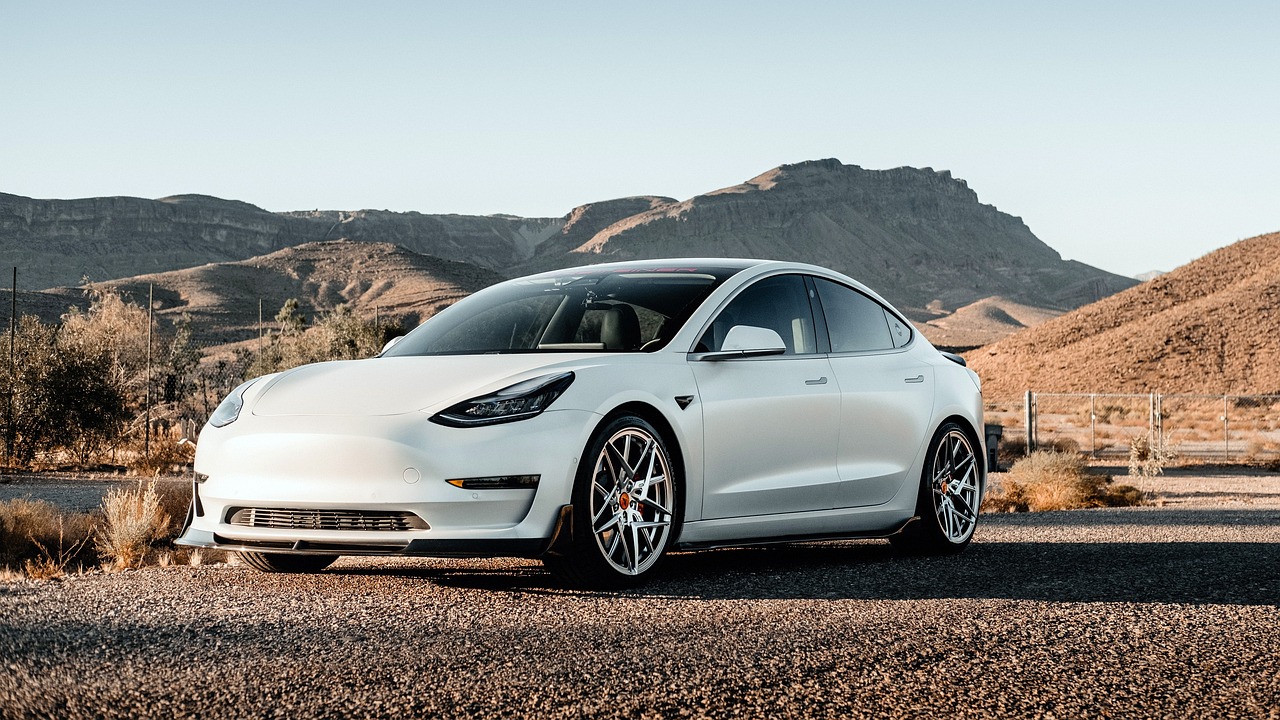The Hydrogen Bet

Tesla’s Unexpected Venture
For a while I have been going on about the potential for Hydrogen rather than Electric to be the answer to many of our issues. As a wet country surrounded by water we have a very ready source of it and we could become energy secure by this route. So politically not great as fossil fuels are caught up in the big world economic merry go round, but an answer all the same.
It now seems the big brains are agreeing with me.
In the battle between electric and hydrogen cars, I have drawn comparisons to the famous Betamax and VHS saga, with hydrogen cars emerging as the long-term answer, much like VHS. Adding to the drama, Elon Musk recently expressed his interest in the hydrogen car industry, hinting at the future launch of a Tesla hydrogen vehicle. This is an unexpected turn for Tesla, which until recently was an electric-vehicle (EV) exclusive brand.
Tesla has secured a solid spot as the leading producer of electric vehicles. However, Toyota, a strong Tesla competitor, had different plans. Seeing that hydrogen is the most abundant chemical in the universe, Toyota chose to create a new market with its own rules – the hydrogen fuel cell vehicle market, releasing the first production-level car of this type, the Toyota Mirai, in 2014.
Just like me, some experts predict that hydrogen cars, due to their numerous potential advantages, could eventually overtake traditional electric vehicles. This potential market shift could leave Tesla trailing behind competitors if the company doesn’t adapt accordingly.
Once a vocal sceptic of hydrogen fuel cell vehicles, Musk has surprisingly changed his tune. He announced that Tesla might venture into the hydrogen vehicle market, without providing any specific details. Yet, some experts speculate that Tesla’s hydrogen vehicle will likely be built on the Model S or Model X platform and feature the company’s signature futuristic design and advanced technology. The car is expected to have an edge over traditional EVs in terms of range, performance, and quicker refuelling times.
However, for hydrogen fuel cell vehicles to become a reality, automakers like Tesla have several hurdles to cross. The lack of hydrogen refuelling stations in many countries presents a significant challenge, limiting the potential market for hydrogen vehicles and making long-distance travel a hurdle. Despite these obstacles, the interest in hydrogen fuel cell vehicles continues to grow among consumers and automakers alike.
So, the race is on. Will the Tesla hydrogen car materialize and revolutionize the market as Musk tends to do? Only time will tell.


